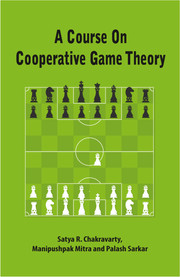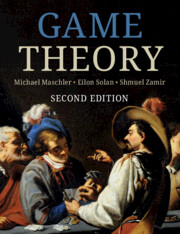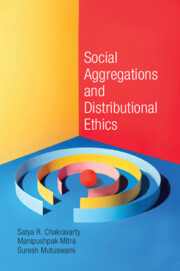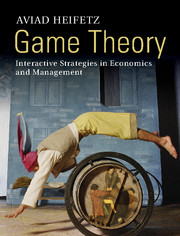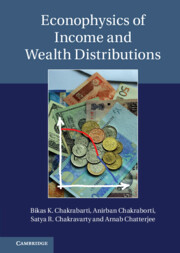A Course on Cooperative Game Theory
Cooperative game theory deals with situations where objectives of participants of the game are partially cooperative and partially conflicting. It is in the interest of participants to cooperate in the sense of making binding agreements to achieve the maximum possible benefit. When it comes to distribution of benefit/payoffs, participants have conflicting interests. Such situations are usually modelled as cooperative games. While the book mainly discusses transferable utility games, there is also a brief analysis of non-transferable utility games. Alternative solution concepts to cooperative game theoretic problems are presented in chapters 1-9 and the next four chapters present issues related to computations of solutions discussed in the earlier chapters. The proofs of all results presented in the book are quite explicit. Additionally the mathematical techniques employed in demonstrating the results will be helpful to those who wish to learn application of mathematics for solving problems in game theory.
- The technical terms and mathematical operations employed to discuss the results are explained in non-technical language and intuitive explanations of the mathematical results are provided
- Each chapter has analytical examples and contains at least one applied example directly related to the theory presented in the text
- Integration of theory and practice helps students understand the theoretical issues first and then see their practical relevance
- There are review questions at the end of most chapters
Product details
February 2015Hardback
9781107058798
273 pages
239 × 159 × 21 mm
0.44kg
Available
Table of Contents
- Preface
- 1. Introduction and motivation page
- 2. Basics and preliminaries
- 3. The core and some related solutions
- 4. The bargaining set, kernel and nucleolus
- 5. The Shapley value
- 6. The core, Shapley value and Weber set
- 7. Voting games
- 8. Mathematical matching
- 9. Non-transferable utility cooperative games
- 10. Linear programming
- 11. Algorithmic aspects of cooperative game theory
- 12. Weighted majority games
- 13. Stable matching algorithm
- References
- Index.

